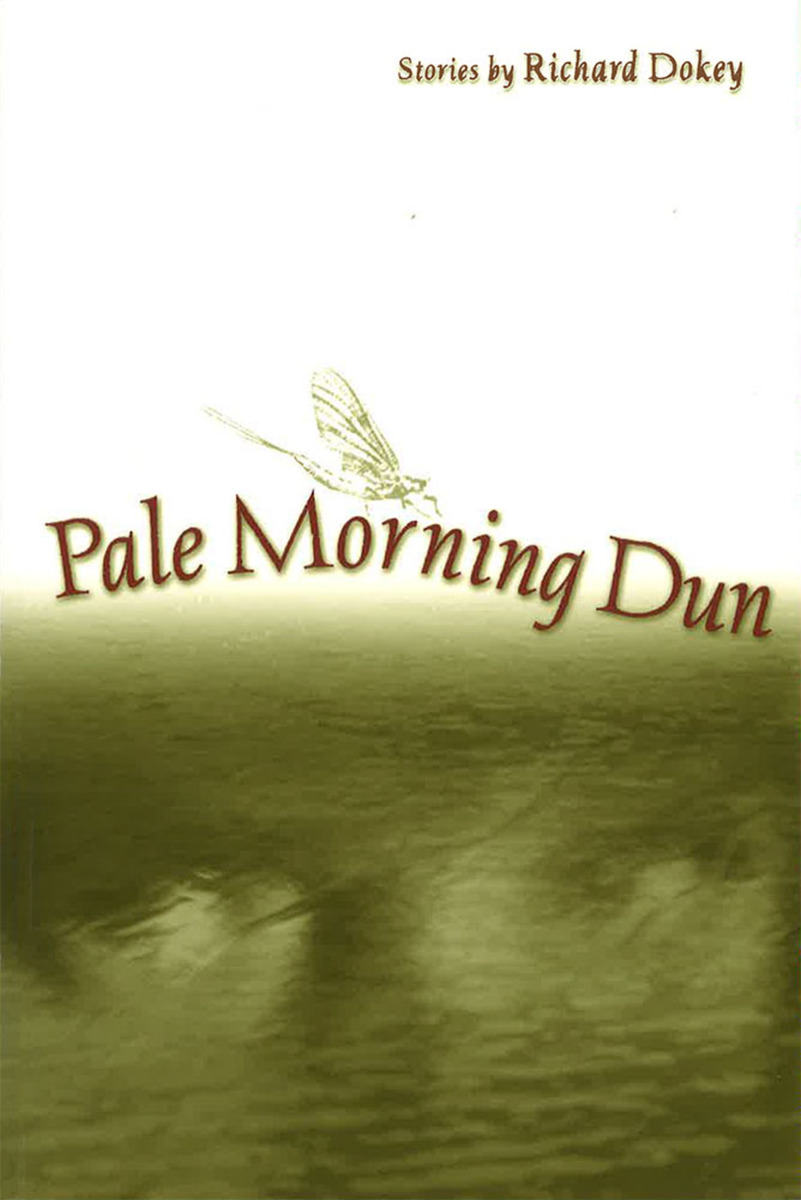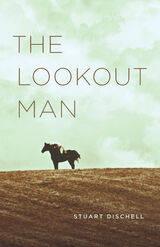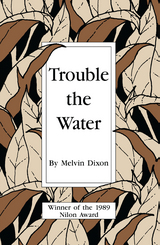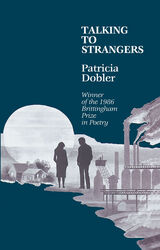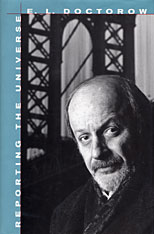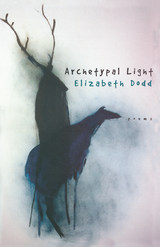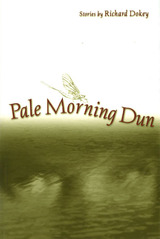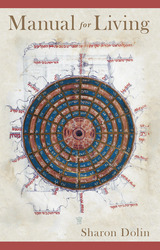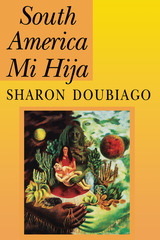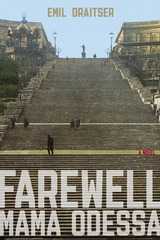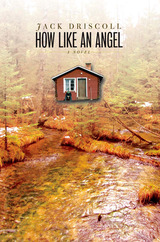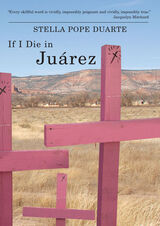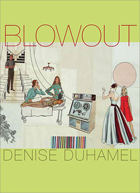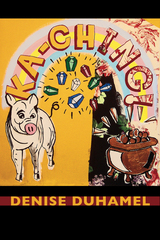eISBN: 978-0-8262-6254-7 | Paper: 978-0-8262-1511-6
Library of Congress Classification PS3554.O42P35 2004
Dewey Decimal Classification 813.54
When Gramp tied those thin-bodied ephemerella, as he called them, on size-eighteen hooks, their pale green bodies and diaphanous gray wings reminded us of tiny, unmoored sailboats, and when the duns themselves were adrift upon the surface of the pool, we watched as an entire armada of delicate, translucent ships spun and took flight. . . . I couldn't fish right away. I never can when the duns first come up. I have to watch them, suddenly upon the surface, their wings drying for that one day of life above the stream. . . . To have a chance at life, each pale dun for a time must drift, ignorant of the forms that wait below.
In the thirteen stories of Pale Morning Dun, Richard Dokey endeavors to suggest common truths that uncover the human reality any time, in any place. He explores the ephemeral nature of life through an assemblage of characters as diverse as the settings they inhabit: from a beggar on the streets of San Francisco, “The West Coast Coliseum of Consumption,” to a boy and his brother fly-fishing in a peaceful mountain stream, unaware that they have stumbled upon the threshold of a horrific crime; from a desperate husband pursuing his estranged wife into the bloody arena of a bullfight, to a lakeside cottage where two lovers reveal perhaps too much of themselves. Each uniquely rendered character faces a dilemma that leads him beyond what he knows of himself, forcing him to new insights. The characters’ struggles, though distinctively their own, reveal universal truths about human nature and the transient quality of life. Employing an inspired blend of humor, irony, and imagination in seamless narration, Dokey allows one to enter readily into these idiosyncratic lives, inviting the reader to explore his own capacity to be human, to empathize and respond.
See other books on: Human Geography | Social Science | Stories
See other titles from University of Missouri Press
